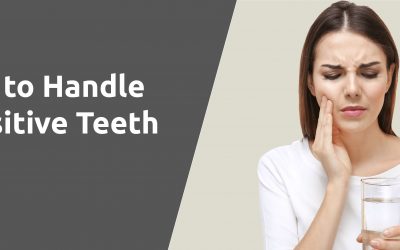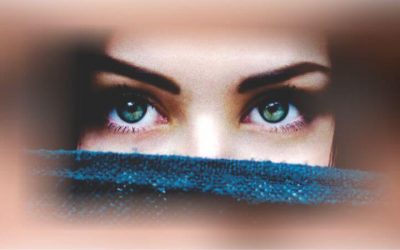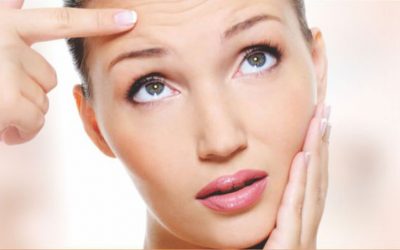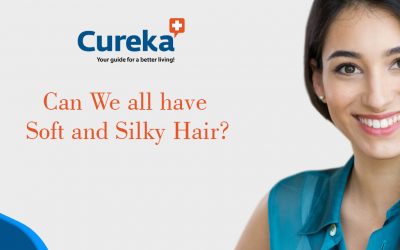Hair falls in your 30s? Preventive Habits & Dermatologist-Backed Solutions
Medically Reviewed By:
Dr. Hema Sathish M.B.B.S., D.D(UK)
Dermatologist, Founder of Cureka
The Emotional Toll of Hair Fall in Your 30s
For a lot of men, hair fall isn’t just a cosmetic-related issue; it affects their self-confidence also very badly. Hair fall in your 30s can feel like a peculiar thing, but it is a usual one. There are a lot of reasons behind hair fall in the age of 30s. But the most important thing is as you age, the hair follicles may slow down or stop producing new hair, leading to hair thinning and hair loss.
Our modern lifestyle paves the way for bad health choices and has a wide range of negative effects on our bodies.The thing is our modern lifestyle causes hair fall by the means of increased stress, poor diet, and environmental factors. In today’s fast-paced world, apart from the outside factors that can also worsen your hair fall,. Smoking, poor sleep, and alcohol consumption can also be contributing factors for hair fall.
The Confidence Crisis: How Hair Fall Impacts Men in Their 30s
When you are entering the age of 30s, it means you are entering a new chapter of your life. This is the time you have a lot of responsibilities and a lot of things to face. It’s a period when relationships become stronger, jobs settle, and a new sense of self is brought out by maturity. With those things, men also face a significant amount of hair fall for the first time.
Men always give importance to their appearance, especially their hair. It gives the youthful and pleasant look that boosts their confidence. Balding affects the mental health of the men. They always stay away from the groups, feel anxious, avoid them in the photos, and feel a lack of confidence in their appearance. By knowing the reasons behind the hair fall, you can take the precautionary measures to control the hair fall and regain your confidence.
Why Do Hair Fall Strikes in Your 30s?
Finding the root cause of hair fall helps to reverse or slow the hair fall as much as possible. Hair thinning is the major concern for men nowadays. Let’s see some of the major factors:
- Genetics: The most predominant cause of hair loss or baldness is genetics. It is a hereditary condition that causes hair loss in both men and women. Genetic male pattern hair loss typically starts in the late 20s or early 30s.
- Nutritional Deficiencies: Nutritional deficiency also can lead to hair fall. Nutrient deficiencies like biotin, zinc, iron, and vitamin D are associated with hair thinning and hair loss.
- Medical conditions: Fungal infections like ringworm can lead to hair loss. Autoimmune disorders like lupus and alopecia areata affect the healthy cells and cause hair fall in patches.
- Stress and Lifestyle: In your 30s, you seem pressured due to family responsibilities, financial issues, and work tension. The continuous stress triggers the excessive shedding.
- Environmental Damage: Environmental pollutants such as air pollution and water pollution cause hair fall. It introduces harmful dust and toxins, which lead to hair thinning and shedding.
Preventive Habits to Combat Hair Fall:
Prevention is always better for any kind of hair-related issue. As soon as you start taking preventive measures, you will have more control than you think.
Scalp Care Routine:
scalp massage:
Regular massage of a scalp provides numerous benefits, such as improved scalp health, reduced stress, improved blood circulation, and stimulated hair follicles.
Nourish Your Body:
Incorporating nutrients like vitamins, minerals, protein, and healthy fats into your diet potentially reduces hair fall and nourishes your body.
Manage Stress:
By doing yoga, meditation, or deep breathing, you can manage your stress. Living a healthy lifestyle and avoiding alcohol can reduce your hair fall.
Switch to Gentle Hair Care Products:
Shampoos and conditioners that are free of sulfates help to preserve the skin’s natural barrier, reduce frizz, and avoid greasy hair. Finding the best shampoo for thinning hair provides nourishment to the scalp without exhausting its natural oils.
Dermatologist-Backed Solutions That Actually Work
When the preventive measures are not effective, then it’s time for medical attention. Dermatologists can recommend hair fall treatments that can provide effective results.
Topical Minoxidil:
Minoxidil mainly extends the growth phase of the hair cycle and increases blood flow to hair follicles. This may assist in reversing the shrinkage of hair follicles and promoting hair growth. If we apply it consistently, we can expect possible results in 3-6 months.
Platelet-Rich Plasma (PRP) Therapy
Platelet-rich plasma (PRP) therapy can help promote hair growth and enhance the condition of existing hair. It is resistant to further hair fall.
Hair Transplants:
Hair transplant is a long and tedious process in hair fall treatment. It leads to hair regrowth and an ideal solution in hair fall treatments.
Why could DHT Blocker be a game changer?
When you are keen on stopping hair fall in your 30s, the knowledge about the DHT blocker is crucial
DHT plays an important role in hair loss, especially in male pattern baldness. It leads to hair thinning and ultimately stops hair production completely. Preventing the DHT hormone can safeguard the hair follicles; this is where the DHT blockers come in. In simple terms, DHT blockers slow the progression of hair loss by lowering the hormone’s impact on hair follicles. By doing this, you can preserve your current hair and stop it from thinning further. You can buy the DHT blocker supplements from the cureka platform.
FAQs About Hair Fall in Your 30s
- Is hair fall in your 30s normal?
It’s common, yes, but it needs to be watched. Consult a professional if you observe significant loss or shedding.
- Are hair fall treatments safe?
Hair fall treatments recommended by dermatologists are safe when used correctly.
- How can I pick the best treatment for hair loss?
Based on the condition and severity, dermatologists can suggest the best plan for the treatment.
Conclusion: Take charge of your hair story now.
Hair fall in your 30s may not be an alarming thing, but when you face patchy bald spots and hair thinning, if you want to get rid of it, the chance is in your hands. You may restore your hair and your confidence by changing your lifestyle and relying on dermatologist-approved treatments.
References:
- An overview of the genetic aspects of hair loss and its connection with nutrition – Oct 2022- https://pmc.ncbi.nlm.nih.gov/articles/PMC9710406/
- Diet and hair loss: effects of nutrient deficiency and supplement use- 2018 – https://pmc.ncbi.nlm.nih.gov/articles/PMC5315033/
- Treatment options for androgenetic alopecia – Nov 2021 – https://pmc.ncbi.nlm.nih.gov/articles/PMC9298335/











